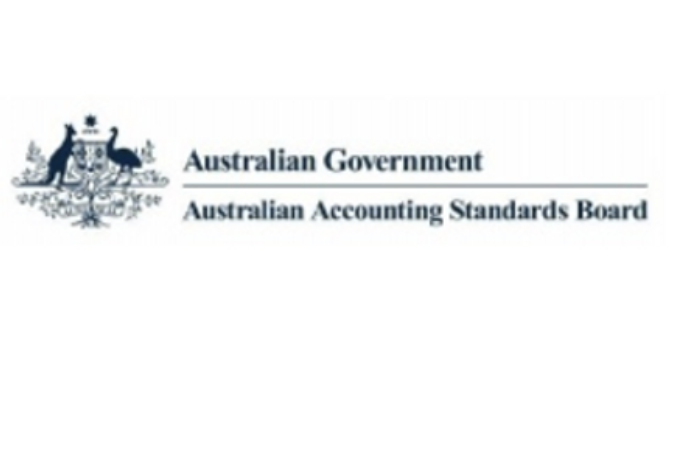If nothing else bitcoin and other crypto currencies have forced us to revisit the definitions and nature of money and cash. We tend to take it for granted that we know what money is and how it works.
Most of the articles I have read state that money has three characteristics: 1. A medium of transaction; 2. A store of value’ and 3. A unit of measurement. But this is very simplistic approach.
In December 2016 the Australian Accounting Standards Board issued a position/discussion paper on accounting for digital currencies. They set out 4 questions.
Question 1: Do you agree that there are significant interpretation issues in viewing digital currencies as “cash”?
Question 2: Do you agree that there is a gap in IFRS literature around the accounting for digital currencies?
Question 3: Do you agree that there are significant interpretive issues in IFRS literature around accounting for intangible assets and commodities held for investment purposes (such as digital currencies, emission rights and water rights)?
Question 4: If you agree digital currency issues need to be addressed, should the IASB address digital currency as part of a broader project (which would address investments in intangible assets and commodities) or should it be as a limited scope project?
Their preliminary conclusion is that:
‘We think that digital currencies should be measured at fair value with changes in fair value recognised in profit or loss. Furthermore, we think that the accounting for digital currencies highlights a broader issue with IFRSs in that there is no accounting standard that deals with investments in intangible assets or other commodity type assets that are not financial instruments or inventory.
The full paper can be found here.
